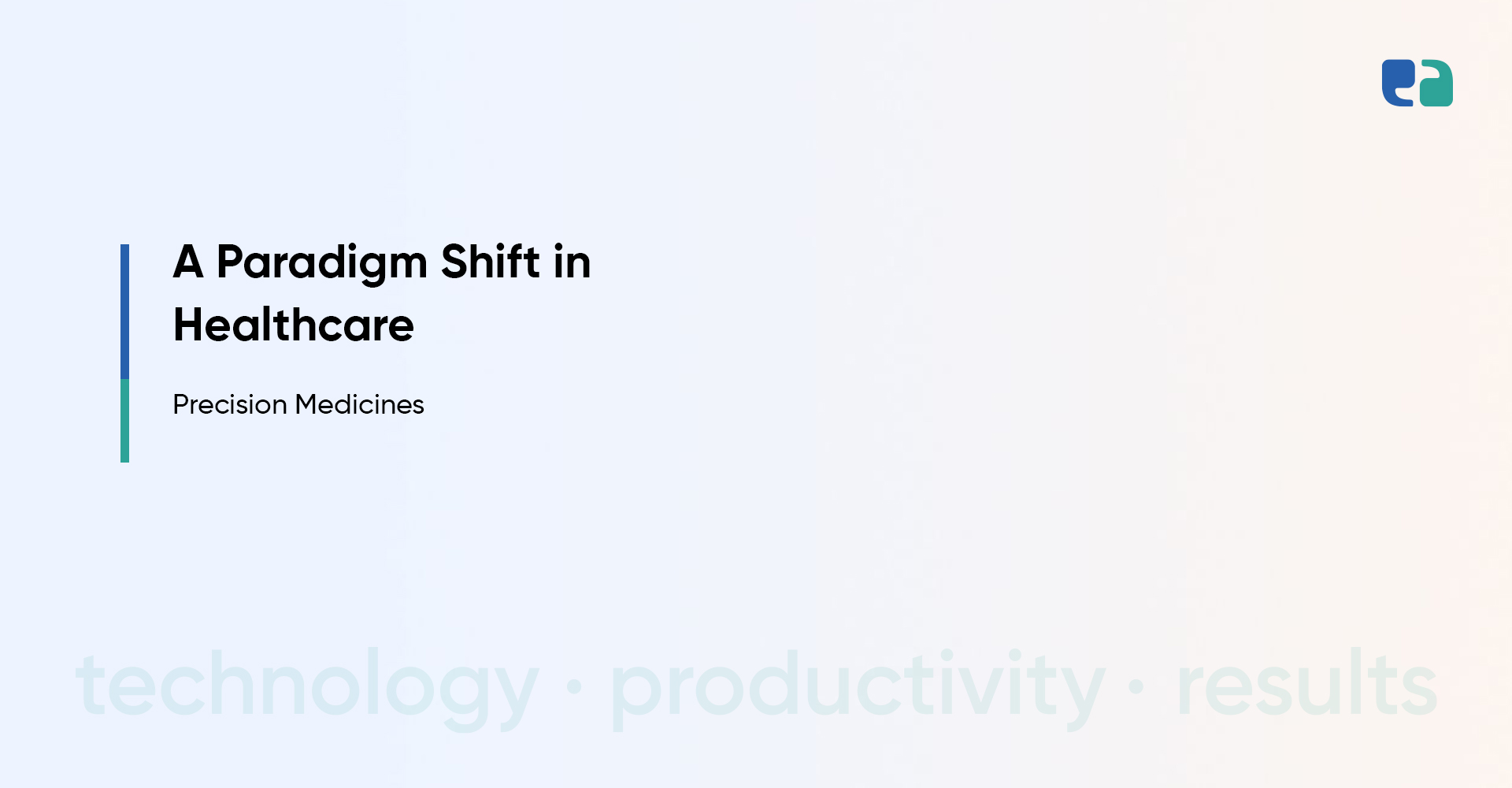Precision medicines consider an individual patient’s characteristics.
Hence, it is swiftly gaining momentum in the healthcare industry.
With the use of advanced technologies, data analytics, and collaborative efforts, precision medicines hold the potential to transform how diseases are
- Predicted
- Detected
- Treated
- Prevented
However, several challenges must be addressed before precision medicines can become a scalable and sustainable model.
The Benefits of Precision Medicines in Providing Healthcare Solutions for Seniors
Precision medicines play a crucial role in revolutionizing healthcare by offering numerous benefits and opportunities.
Here are some key reasons why precision medicines are important in the healthcare industry:
The Challenges Associated with Precision Medicines
While precision medicines hold great promise for transforming healthcare, several challenges must be addressed for their widespread adoption and success.
How Can You Mitigate These Challenges?
With the advancements in healthcare technology, the answer is pretty simple.
You can build a precision medicines platform or you can add it as a feature in your pharmacy EMR software.
By offering a shared infrastructure, your precision medicines platform can promote collaborations between different players in the industry, allowing them to exchange information seamlessly.
Furthermore, these platforms consolidate patient data from multiple sources, functioning as a comprehensive knowledge hub.
However, successfully establishing such platforms is not a small feat.
It requires robust data management capabilities to handle large volumes of information and provide the necessary tools for deriving actionable insights from that data.
Additionally, the platform must facilitate the easy integration and interoperability of data and insights, enabling seamless exchange between stakeholders.
While the task may be challenging, investing in the early development of such platforms presents genuine opportunities.
The concepts of health data and personalized care are here to stay, offering significant benefits to insurers, healthcare providers, and governments.



